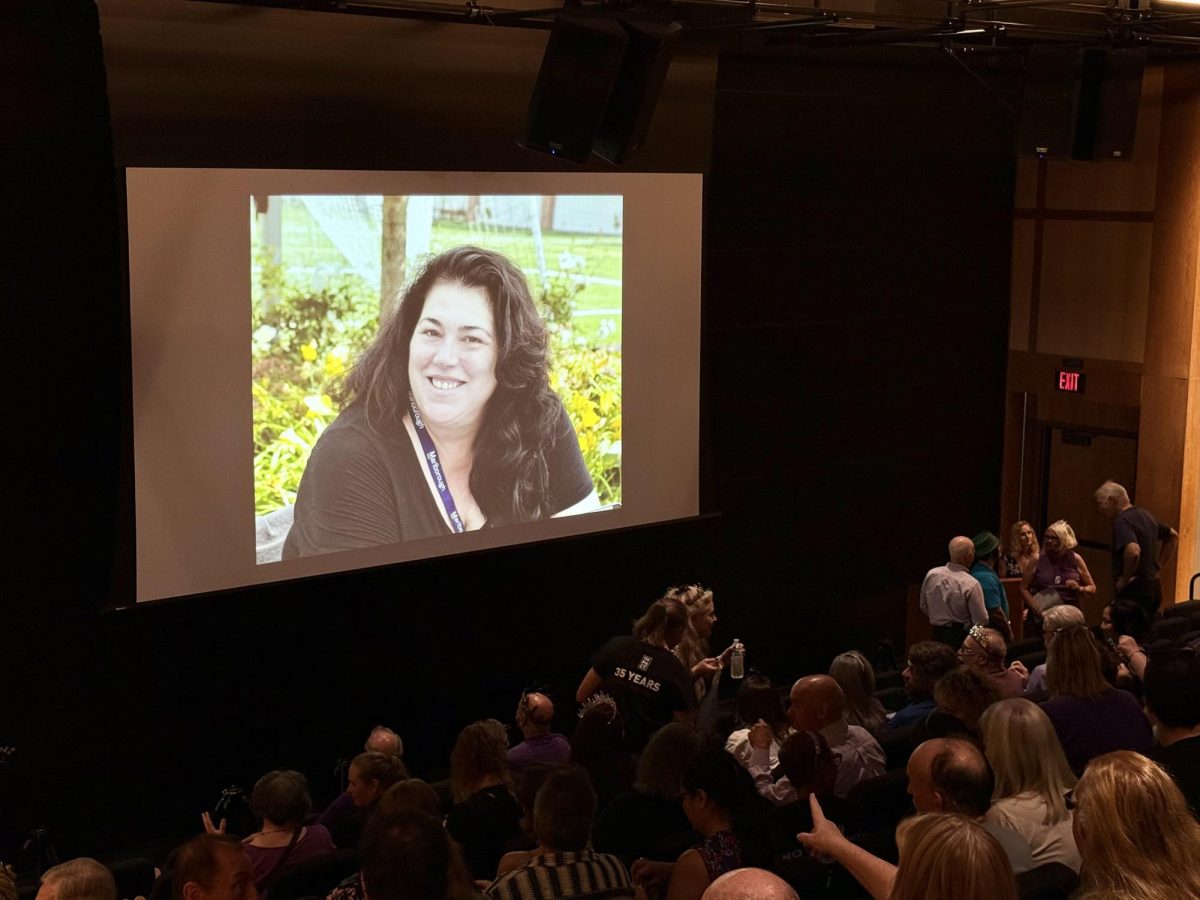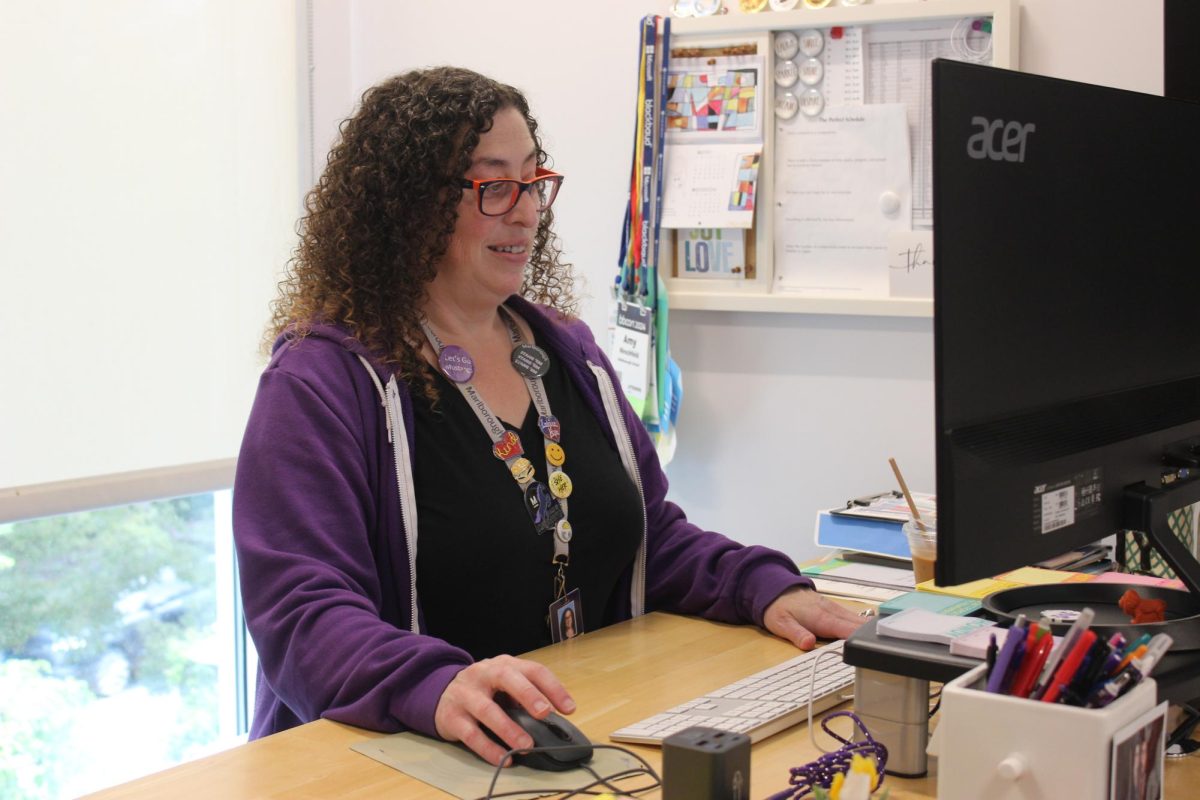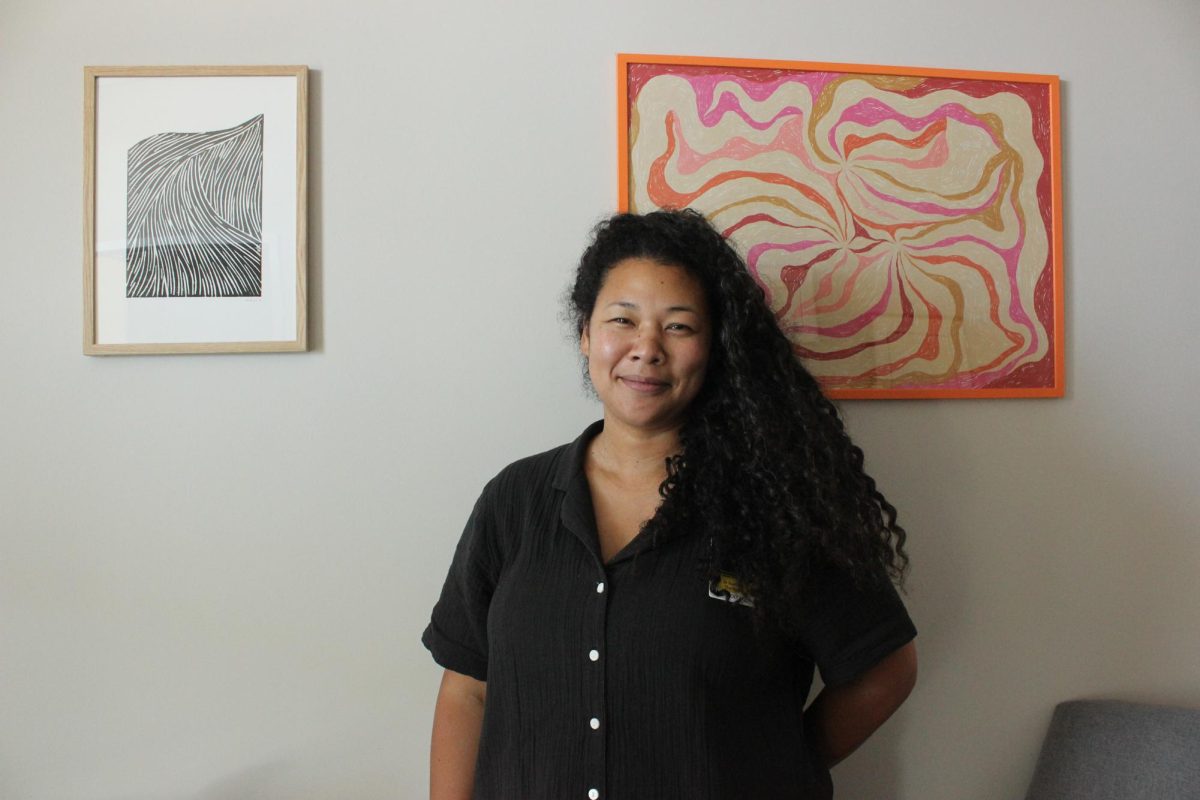The school dispenses hand-sanitizer and encourages sick students to stay home to prevent the spread of swine flu.
With no vaccine for the H1N1 flu available until late November, students should expect to hear the same phrases they have been hearing since pre-school: Use a tissue, cover your mouth, and wash
your hands. Most pronounced, however, is the administration’s plea to stay home if you’re sick.
The school began informing the community about the H1N1 flu, commonly known as swine flu, early spring. At the beginning of this year, Head of School Barbara Wagner sent a letter to parents encouraging them to take precautions in terms of talking to their doctors about recognizing, treating, and avoiding the
spread of virus.
Due to heightened concerns from the Center for Disease Control (CDC), Robert Bryan, director of the middle
school, is coordinating precautionary measures against a H1N1 flu outbreak.
These regimens,focusing on prevention and education, include dispersing more hand sanitizer and tissues among classrooms, and disinfecting all shared surfaces, such as desks and keyboards, daily.
Students and faculty should follow what Bryan describes as “respiratory etiquette,” or basic hygiene.
“We need to work as a community,” Bryan said.
The administration is stressing the twenty-four hour rule, which states that if a student is out sick, she cannot return to school until twenty-four hours after her fever has subsided, without the use of artificial fever reducers.
Bryan said that he knows that students worry about missing school, but he wants to ensure that anyone who is sick can make a full recovery.
“We want students to realize that if they are out from school due to a lengthy illness, we will do our best to support them upon their return and help them work out a schedule for making up missed work,” he said.
He said that the administration will also be mindful of the fact that both students and faculty may be absent for longer than usual if they are sick, to observe the twenty-four hour policy.
Every student should be eating right, getting sleep, drinking lots of fluids, and exercising, the best ways to stay healthy, Tinka Brown, physical education instructor, said. However, Brown cautioned becoming obsessed with avoiding germs because the immune system can be weakened if one isolates oneself.
“[Common sense caretaking] is a life skill. Relax and enjoy life. Don’t get hysterical,” she said.
Phoebe ’12, who experienced a mild case of the swine flu this summer, said the encounter was only slightly uncomfortable.
“I had a mild tickle in the back of my throat and a fever, but it wasn’t that bad – I sat at home with my mom and watched bad TV all day,” she said.
She even joked that she would get infected with the swine flu again, just so she could relax.
Although the severity of swine flu cases varies, Bryan has been working on contingency plans in case of a large outbreak.
While the administration is undecided as to what percentage of infected students would require putting these plans into effect, the plans will follow those suggested by the CDC and the National Association
of Independent Schools. The school is also looking at Red Cross and the World Health Organization for advice.
“While we hope that classes will not be interrupted and that school life will go on as normal, if circumstances change we will take whatever actions we feel are best for the health and safety of the school community,” said Bryan.
At this point in the year, the number of students infected is much lower than that required for an outbreak.
To learn more about swine flu and ways to prevent contracting the disease, click HERE.






